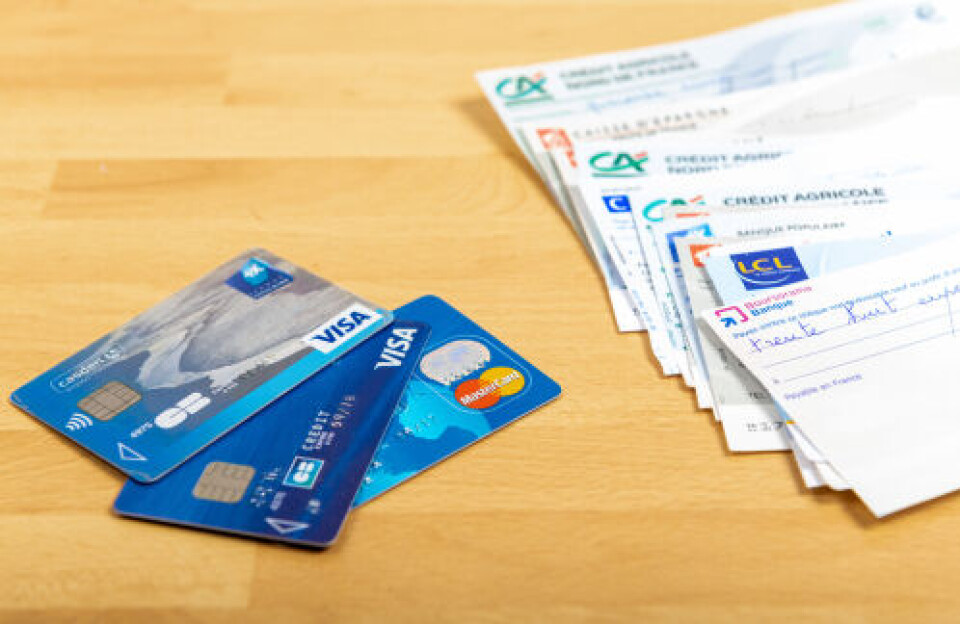-
Many Société Générale customers to be charged additional fees from April
There is some good news for international banking and instant transfers, however
-
When must a bank reimburse a customer scam victim in France?
Reimbursement can depend on whether the customer has been ‘negligent’
-
Driving getting safer in France, suggest January 2025 road safety statistics
Fewer drivers, motorcyclists, and cyclists died last month - but more pedestrians lost their lives
What happens to a French bank account after a person’s death?
Can a spouse automatically access the funds?

Reader Question: Who can access a French bank account of someone who has died? Can a spouse automatically access the funds or is there a legal process to be followed?
It can be stressful to carry out administrative tasks after a loved one dies but it is advisable to be aware of the rules should the situation arise.
When it comes to bank accounts of a deceased person, access depends on the type of account.
There are three types of bank account for a person in France - a compte individuel (individual current account), a compte joint (joint current account controlled by either one of two people), or a compte indivis, an account controlled by more than one person together, which is more often recommended for business than personal use.
This article looks at what to do regarding a compte individuel and compte joint.
Regardless of the type of bank account, however, banks are required to be informed within one week of the death of the account holder.
The bank will then usually block the person’s accounts and assess the assets at the time of death.
If the account is a joint account
Joint-accounts should remain accessible to the other party even after the death of one of the account holders.
Note that usually ‘joint’ accounts are labelled as Monsieur ouMadame and not Monsieur etMadame, to clarify that either person can use the account at any time (as opposed to with a compte indivis where all parties must agree actions relating to the account).
This will in theory avoid any complications related to account access after the death of one of the holders.
If you (the spouse) are the sole successor, and there are no children from another union, you will be able to still use the joint account freely.
However, if there is a dispute over inheritance from another family a notaire must confirm that use of the account will not negatively impact the inheritance of others.
If the account is an individual current account
If the account was just under the name of a single individual, the bank has the full right to deny access to the account to all after the account holder’s death. This includes the use of debit or credit cards associated with that account.
Payments from the bank account, such as for taxes, final medical care costs, or for payments made before the account holder’s death, are however still deducted from the account.
You can access up to €5,000 from the account while it is blocked to cover funeral costs. If costs exceed this, it may be possible to liaise with a bank and a notaire to increase the amount of funds taken to cover this.
To do this, you will need to produce a death certificate, identification of the account holder, and the undertaker’s bill.
There is no ‘automatic’ access to the account for a spouse and the inheritance formalities must be finalised before anyone can access funds within the account.
Inheritance formalities
The length of time the inheritance procedures take depends on who is set to inherit funds and how much they are set to inherit.
For cases where inheritance is less than €5,000, a certificate signed by all the heirs is enough. If the inheritance is more than €5,000, a notarial act is required.
After this, the funds will be transferred to the appropriate accounts and the bank account will be closed.
Related articles
How can I leave my French property to my second wife?
Will my French estate go to my civil partner when I die?
























